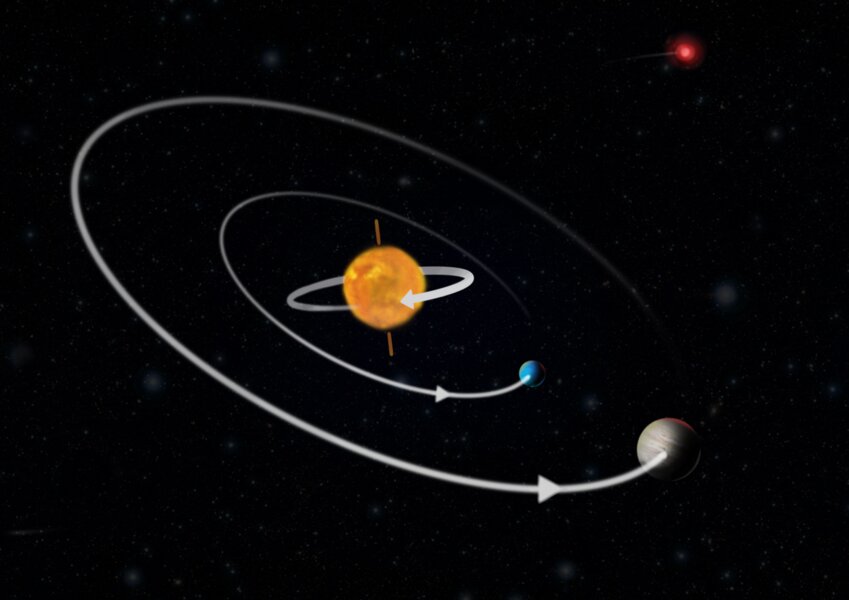
Continue reading
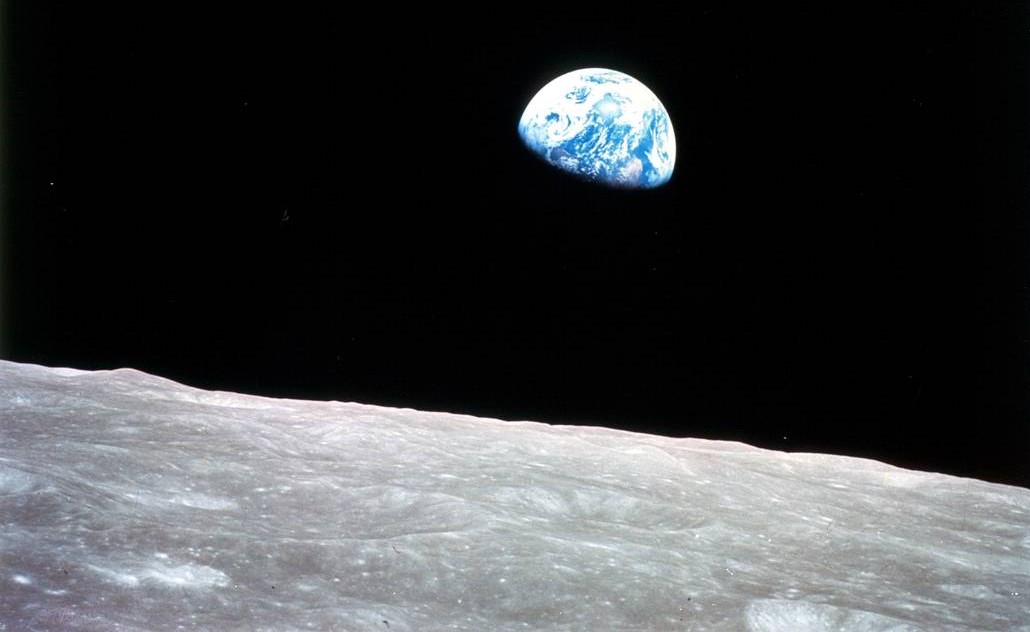
Continue reading
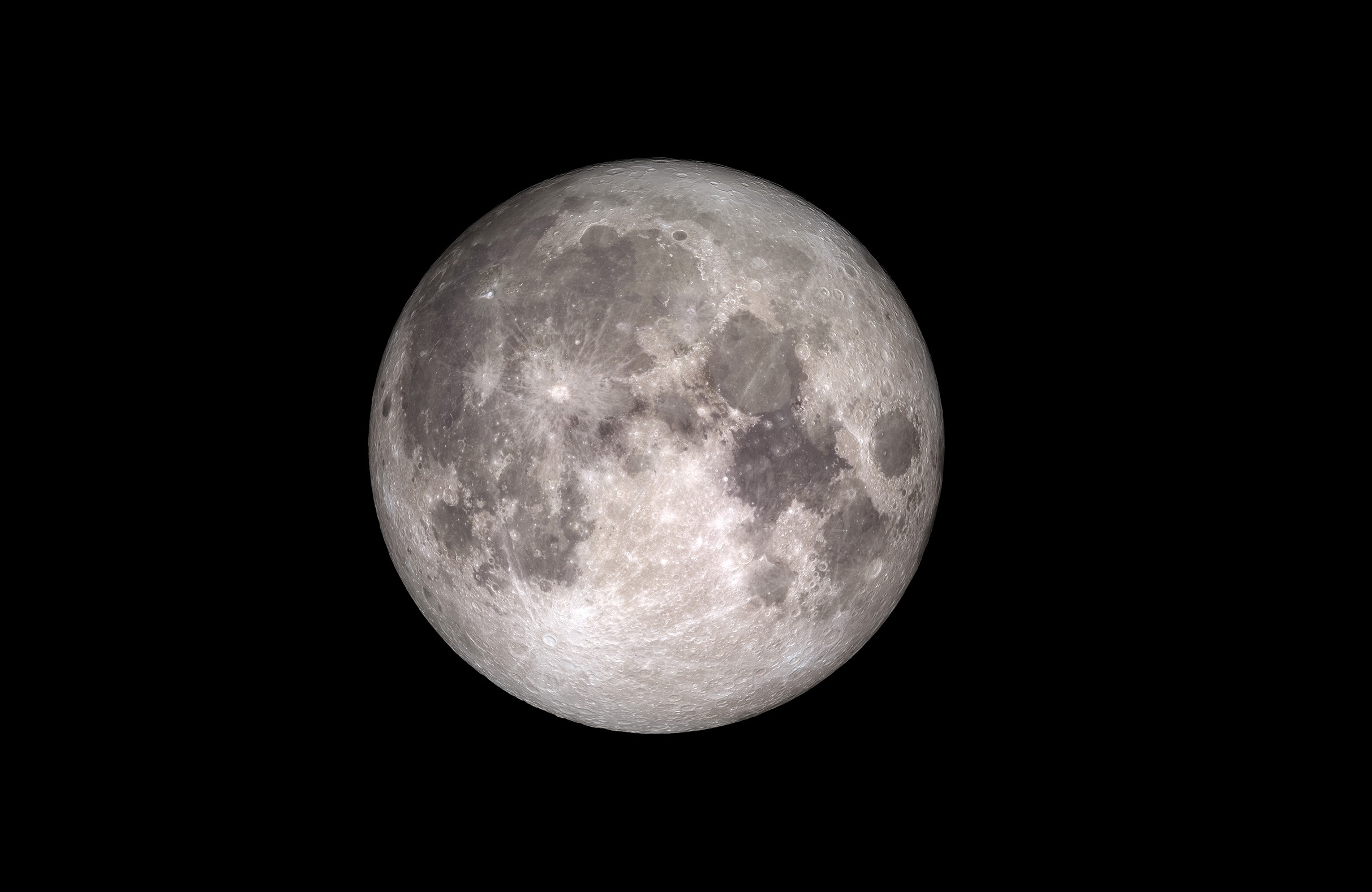
A new analysis of lunar rock samples has revealed details about its early history, particularly how the Moon's iron core differentiated from its mantle.
Continue reading

Continue reading
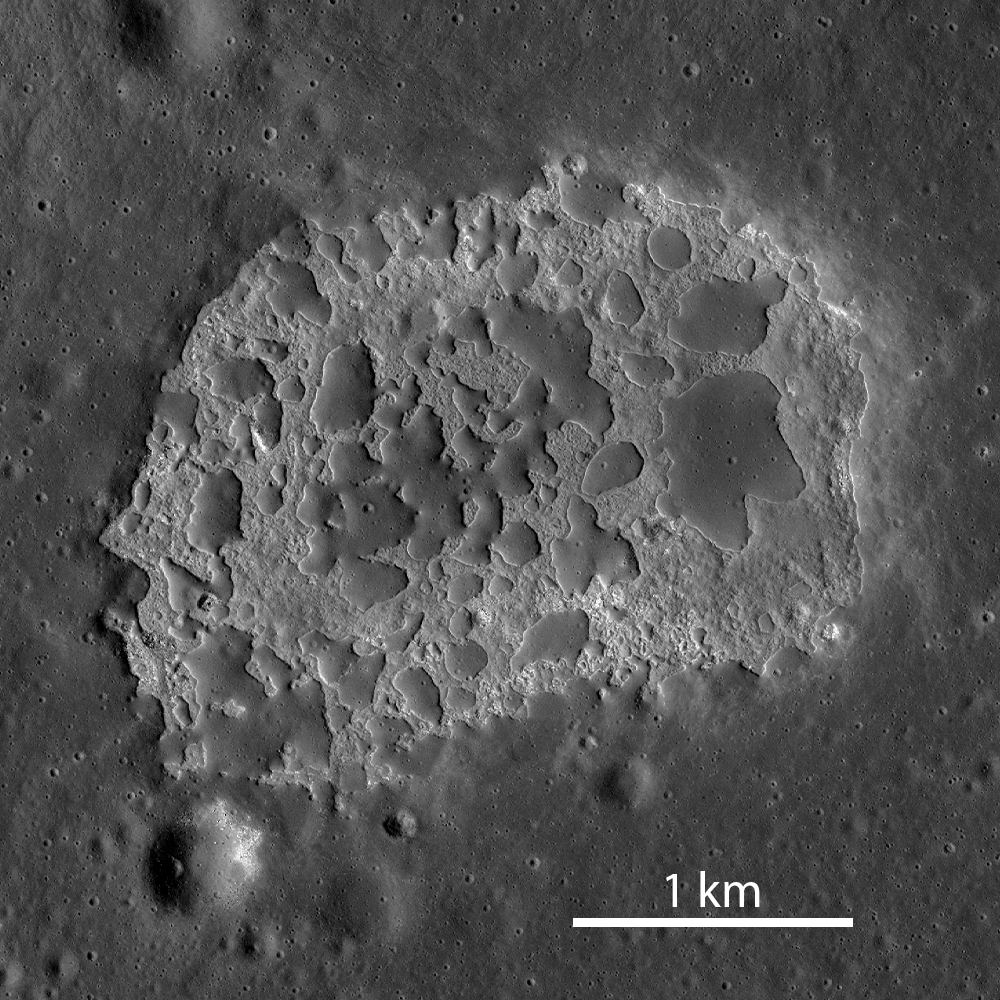
Continue reading
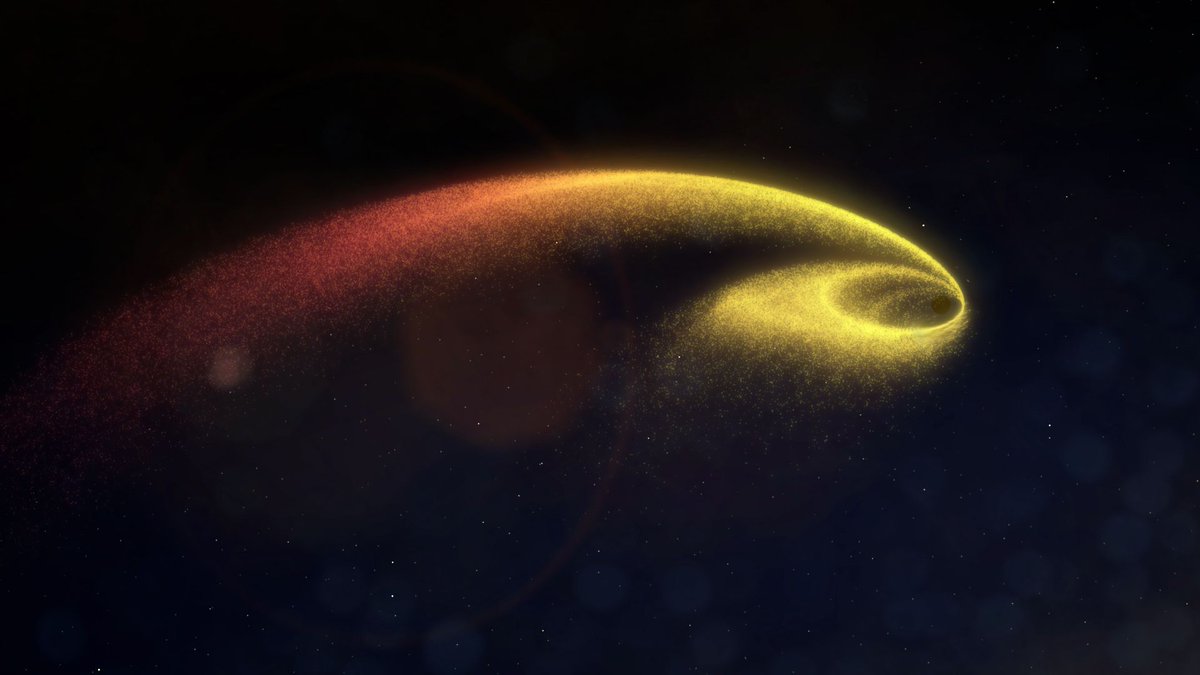
Continue reading
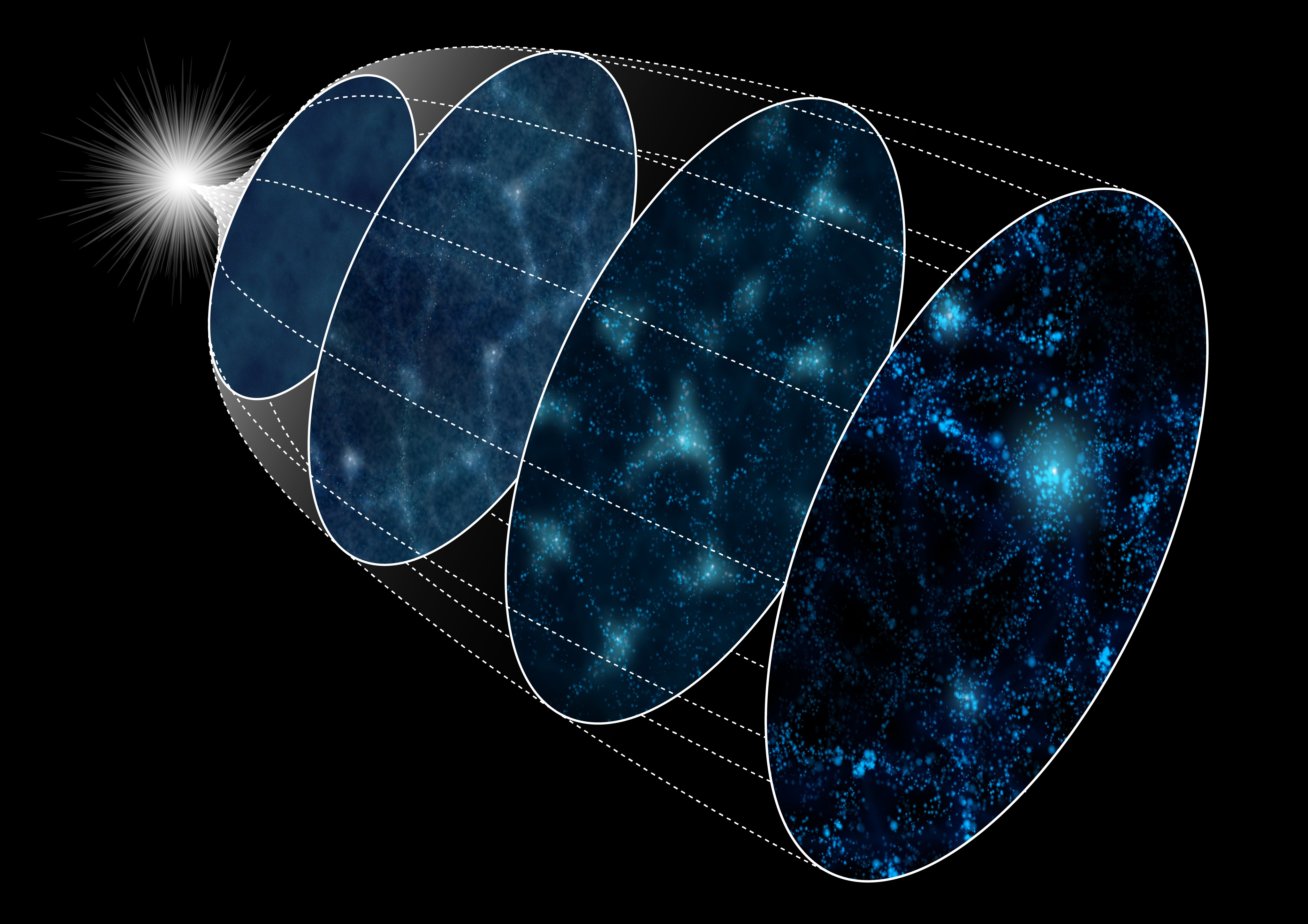
Continue reading
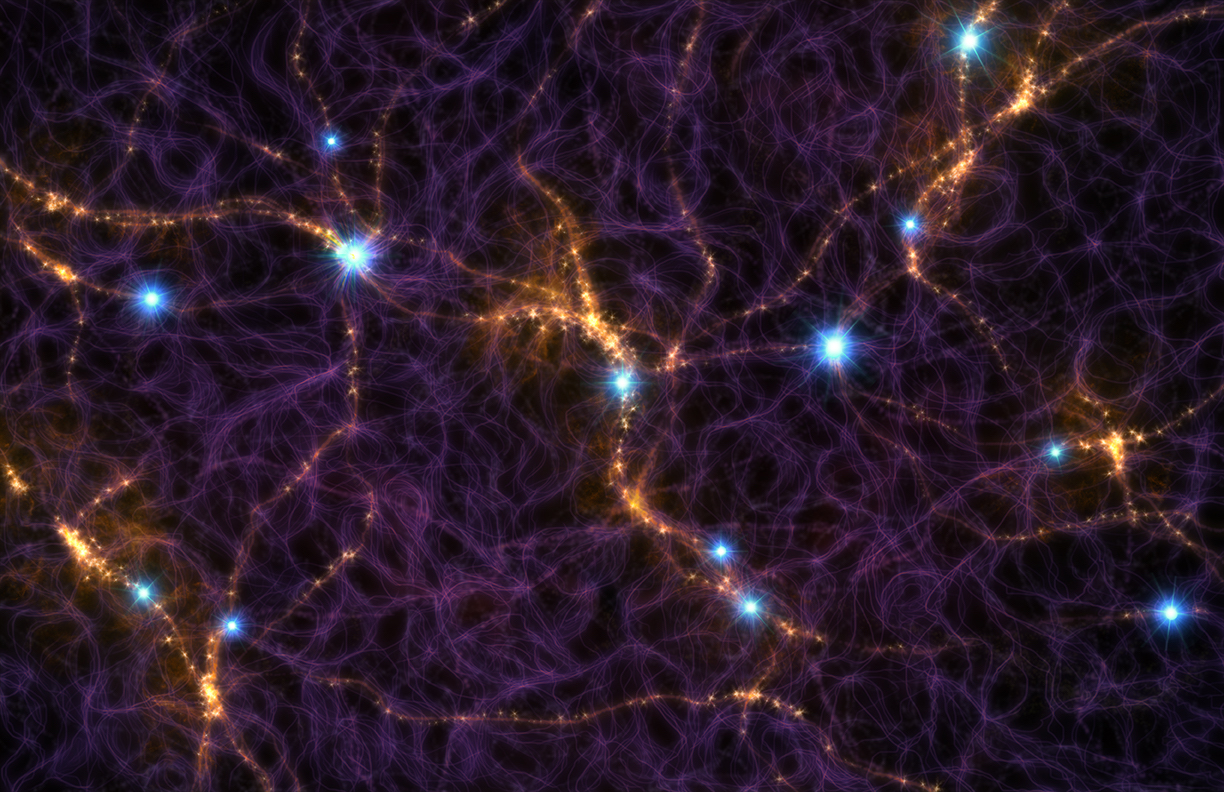
Continue reading

The CARMENES consortium recently discovered a super-Earth just 21 light-years away that will be the perfect test case for exoplanets in the future.
Continue reading
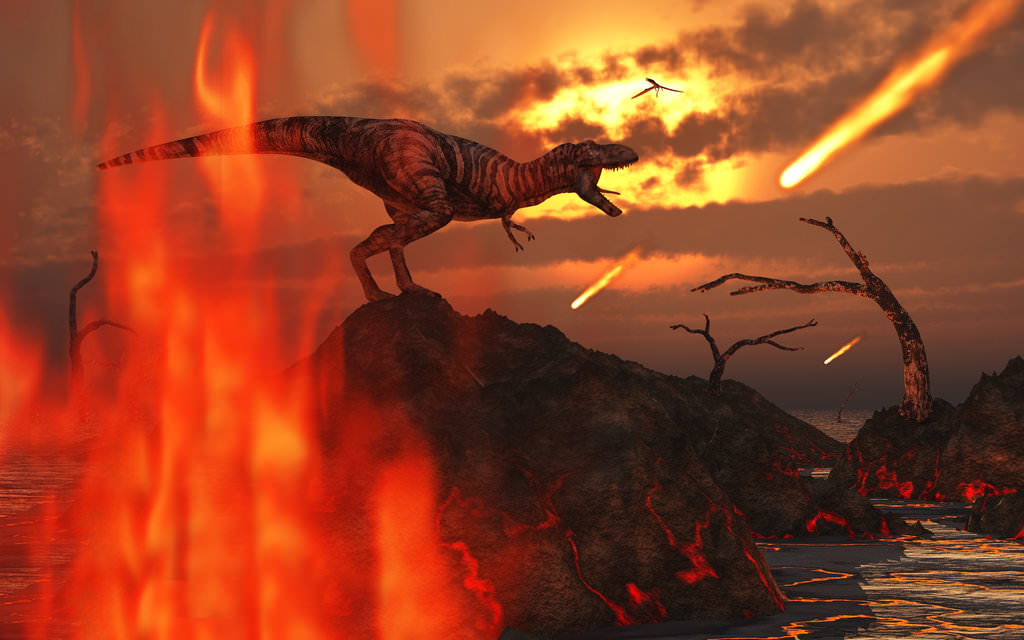
Continue reading

Continue reading

Continue reading

Continue reading

The ESA's Copernicus Sentinel-1 satellite recently spotted an iceberg the size of New York City breaking off the Brunt Ice Shelf in Antarctica.
Continue reading
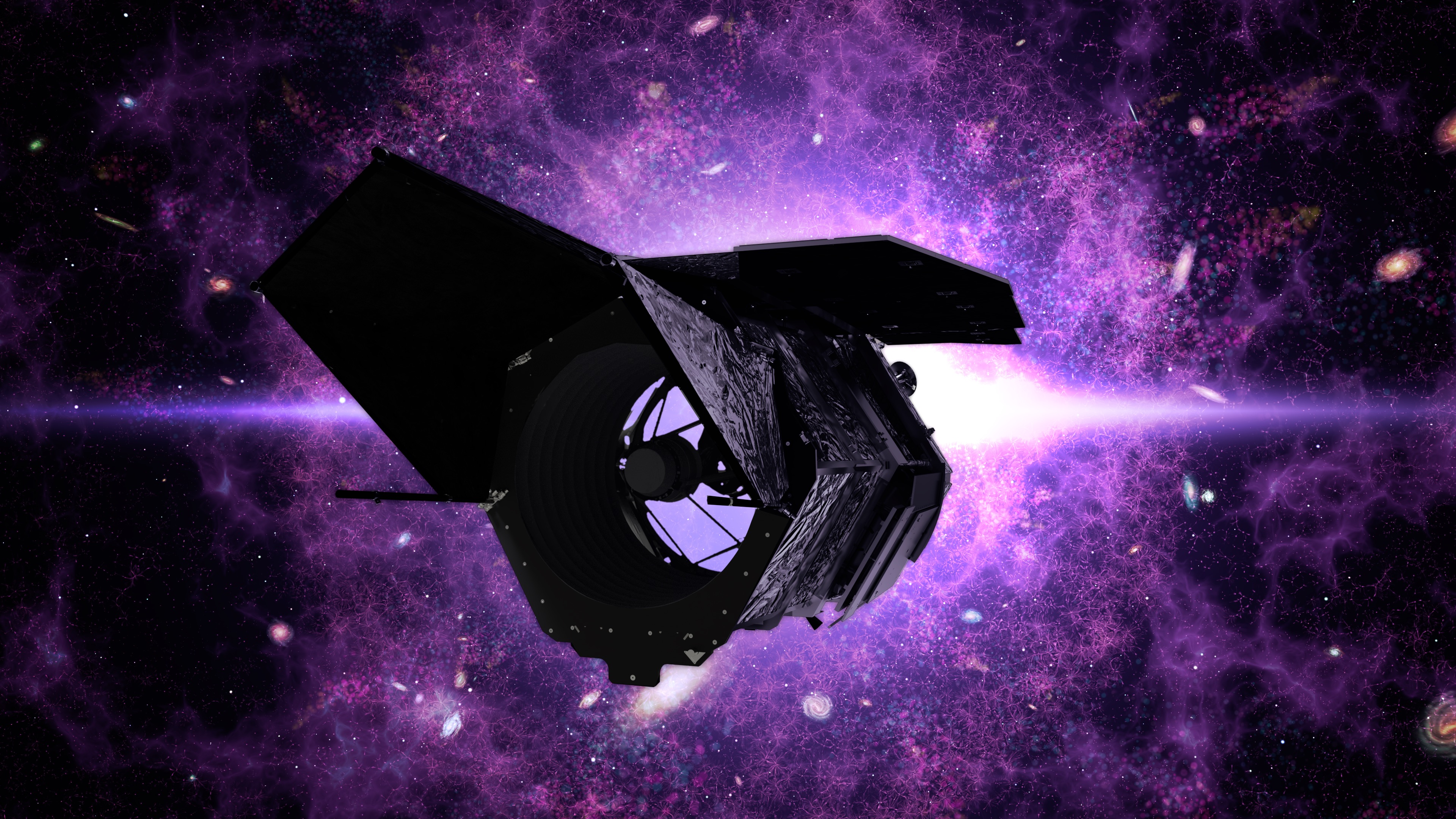
The Nancy Grace Roman Telescope just received a new infrared filter that will allow it to explore even more of the cosmos!
Continue reading

Earth is blasted by high-energy neutrinos from the most powerful objects in the universe.
Continue reading
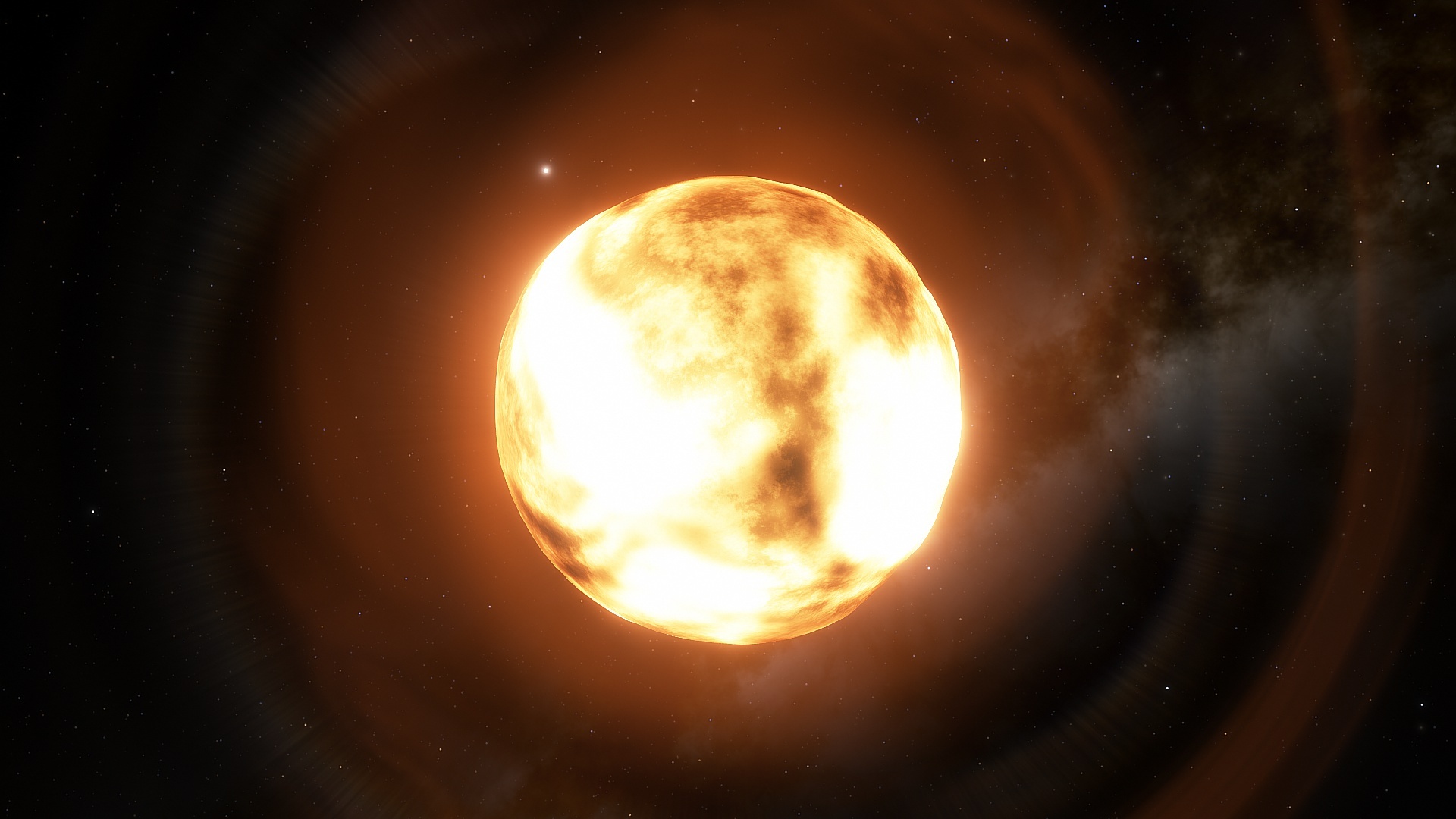
Continue reading

A new study takes a look at possible rainfall patterns on exoplanets, which could help narrow the search for extraterrestrial life in the coming years!
Continue reading
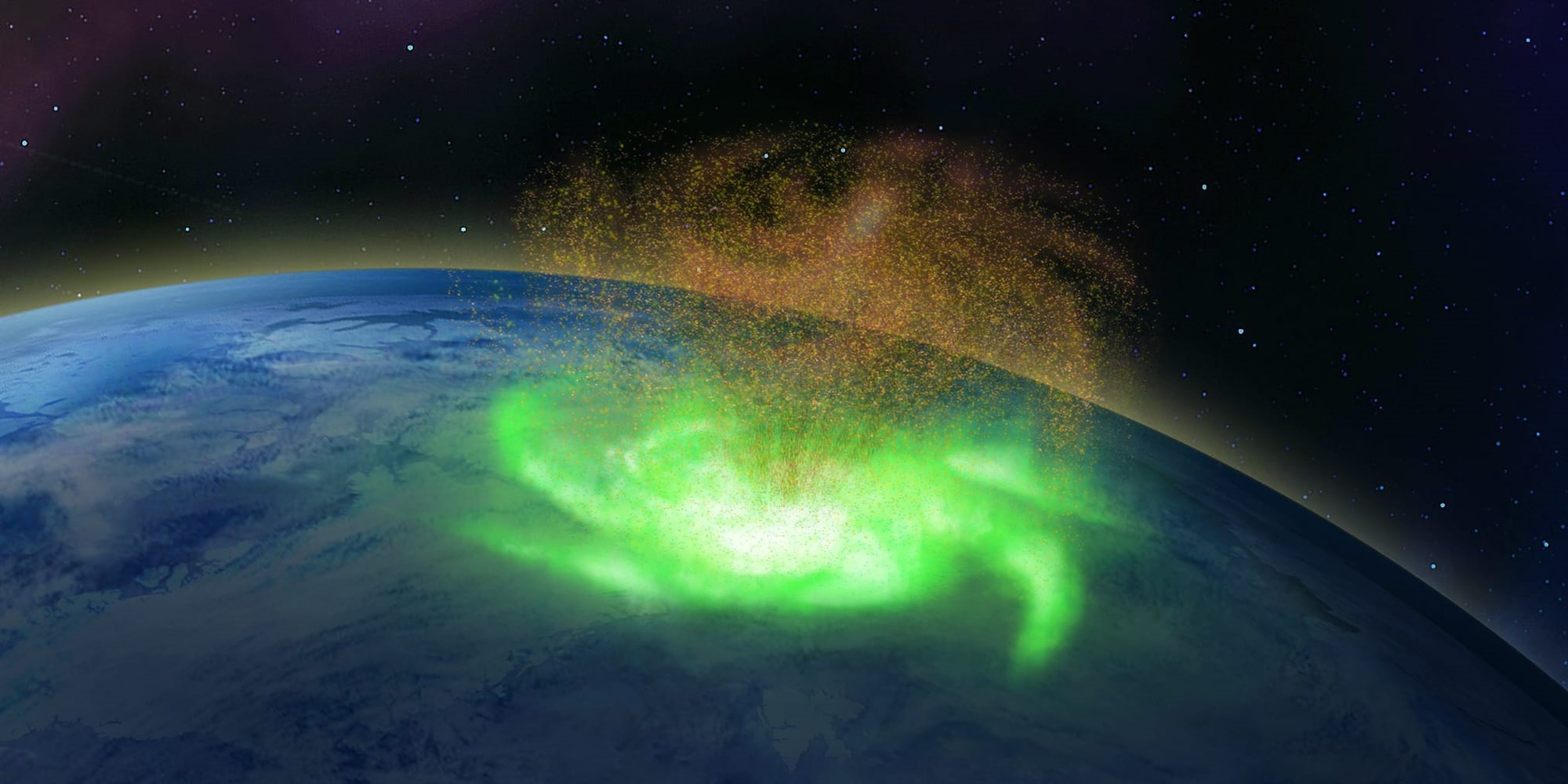
Continue reading

Continue reading

Continue reading

Continue reading

Today, SpaceX completed its third high-altitude test flight with a Starship prototype (SN10). This time, the test ended with a successful landing!
Continue reading
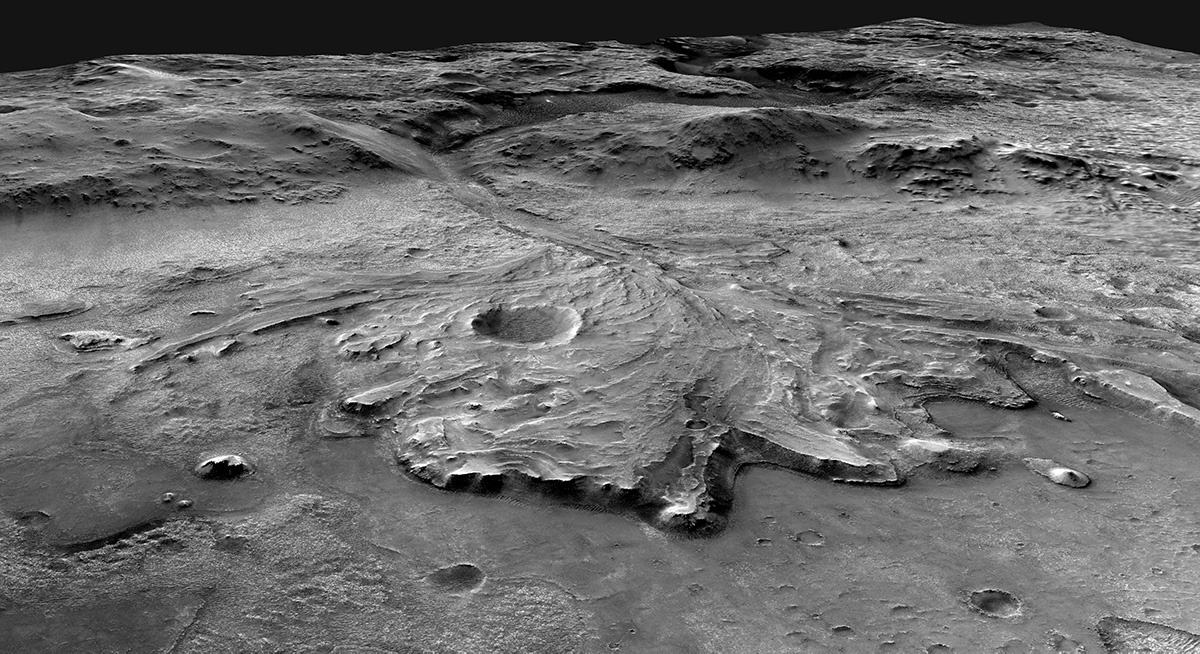
NASA has released images that show the path Perseverance could take through the Jezero crater during its primary mission.
Continue reading

It's a fair question, isn't it? What IF Perseverance finds evidence of life on Mars? What will the implications of this be?
Continue reading
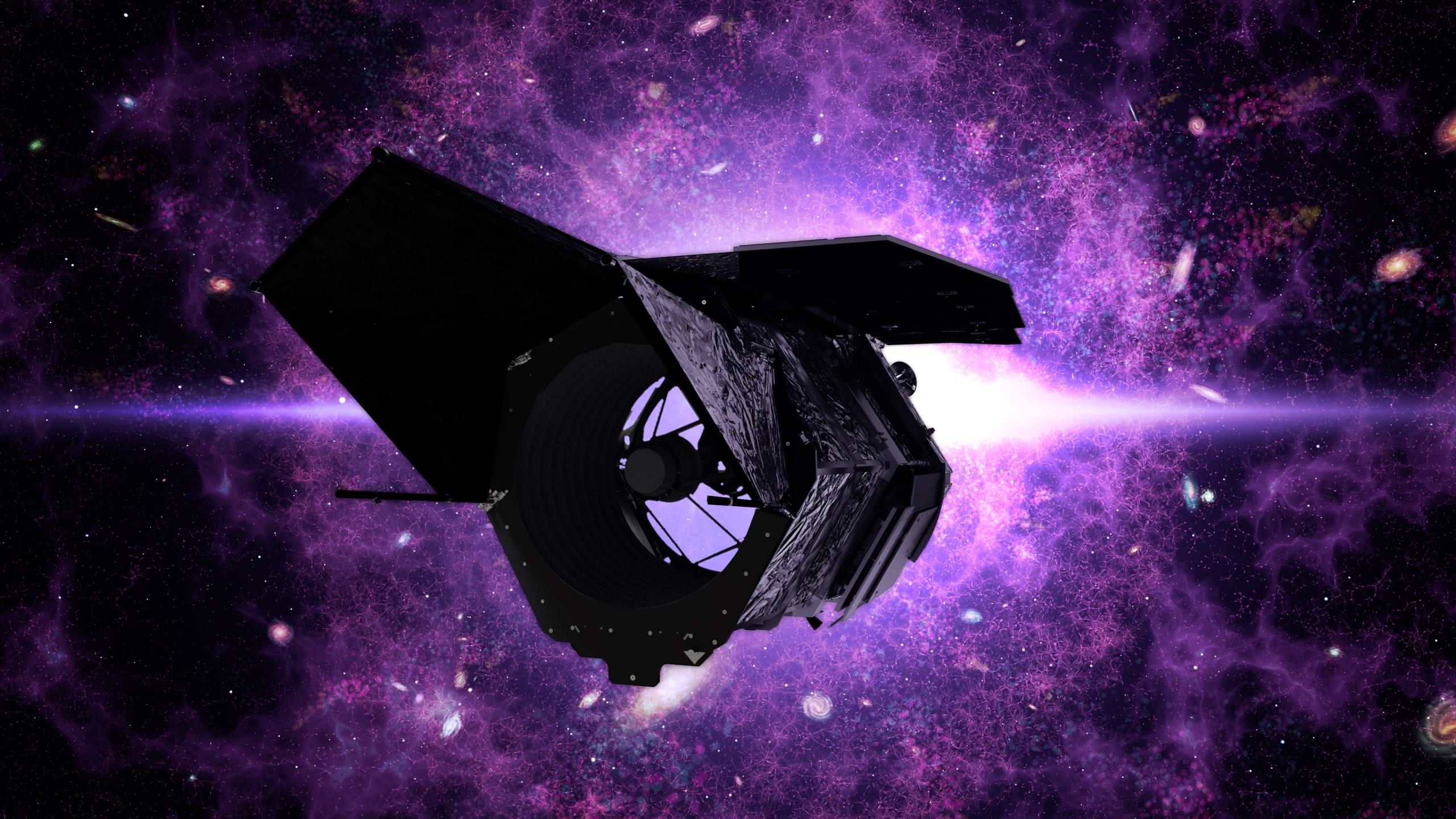
Continue reading

Continue reading

Continue reading

Continue reading

A new study proposes an exotic boson star to explain the largest gravitational wave merger we've observed.
Continue reading
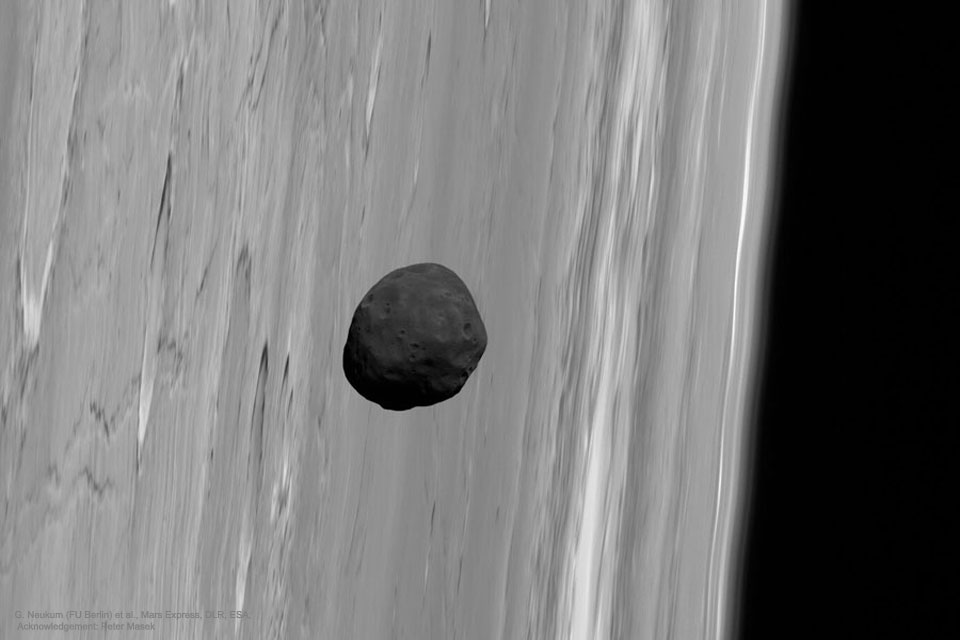
Running the clock back on the enigmatic pair of Martian moons Phobos and Deimos gives researchers insight to their possible origin.
Continue reading

Continue reading
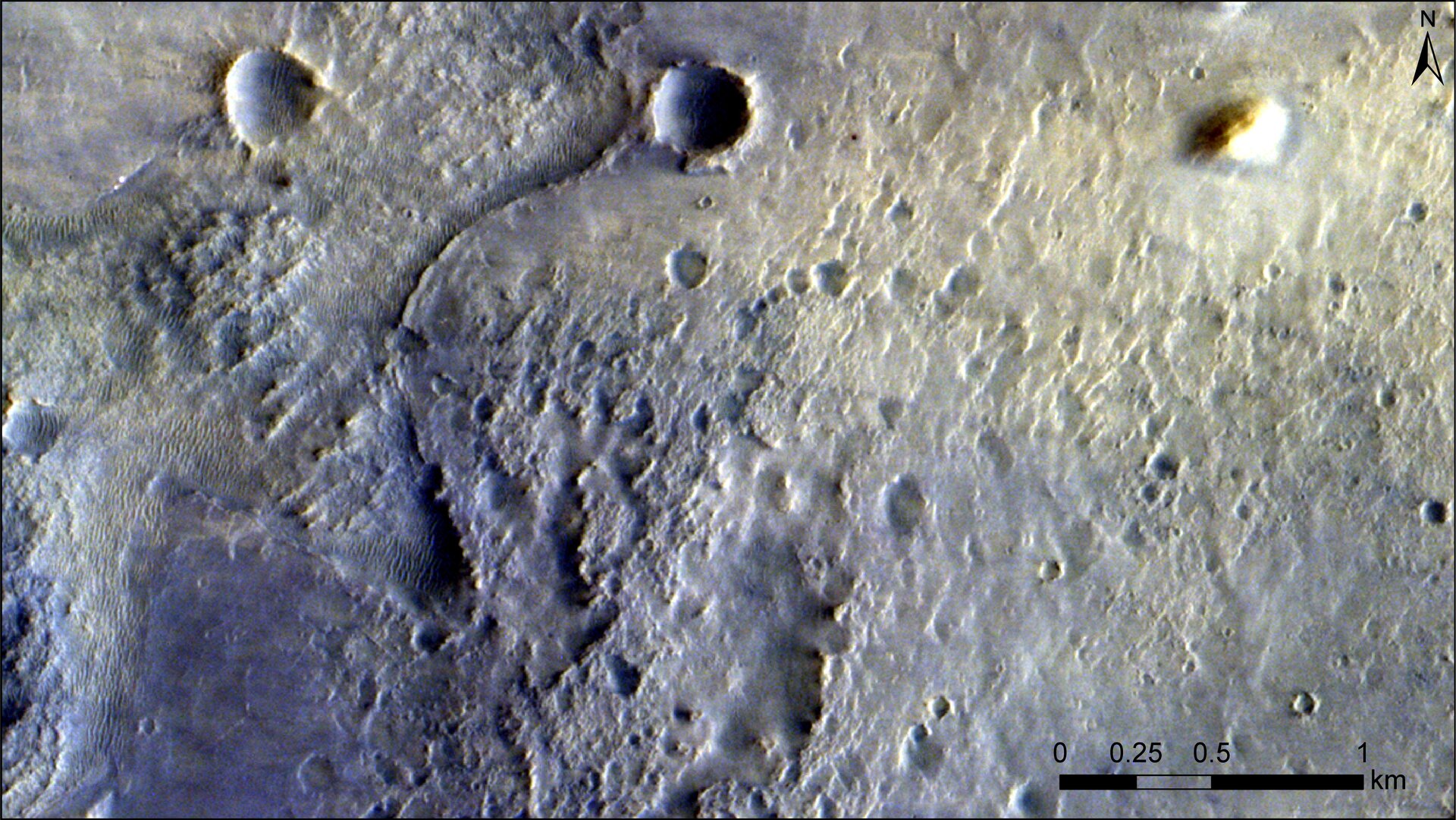
The ESA's Trace Gas Orbiter (part of the ExoMars 2020 mission) has revealed images of the Perseverance rover and where it landed.
Continue reading

Continue reading
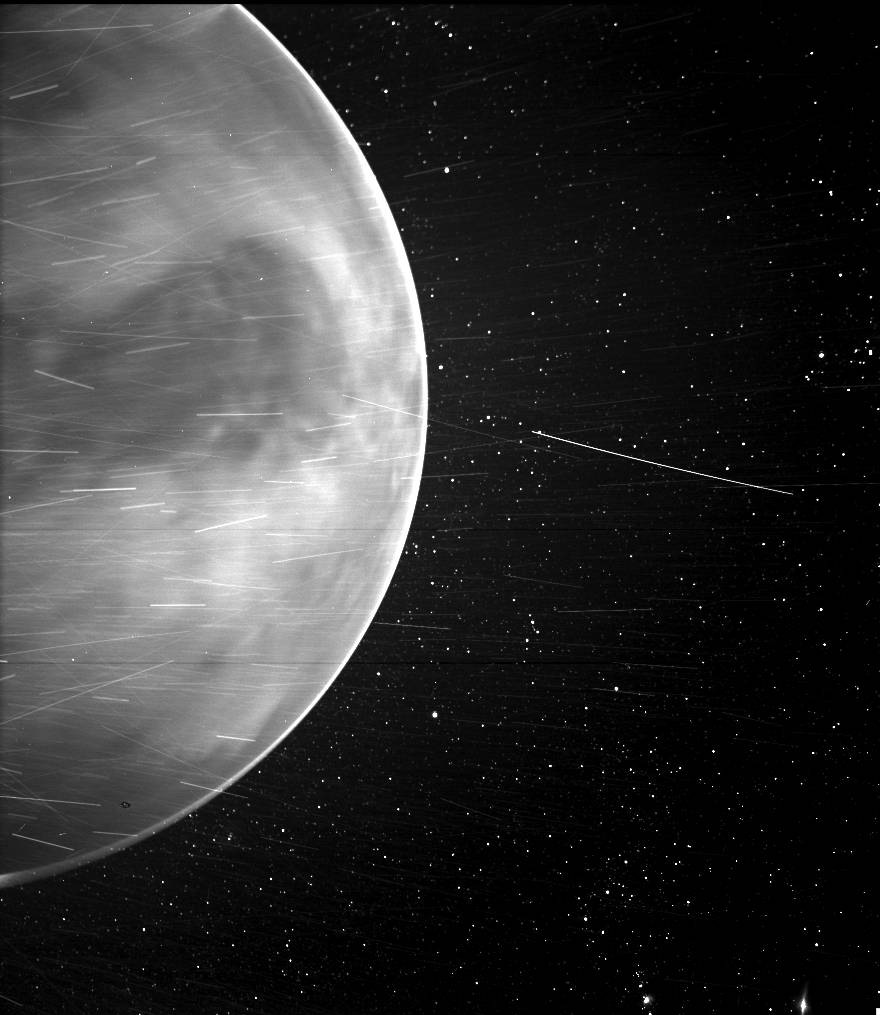
Continue reading

Professor Avi Loeb's new book, Extraterrestrial, tells the tale of how he 'Oumuamua may be humanity's first interstellar messenger.
Continue reading

Continue reading

Continue reading

Continue reading
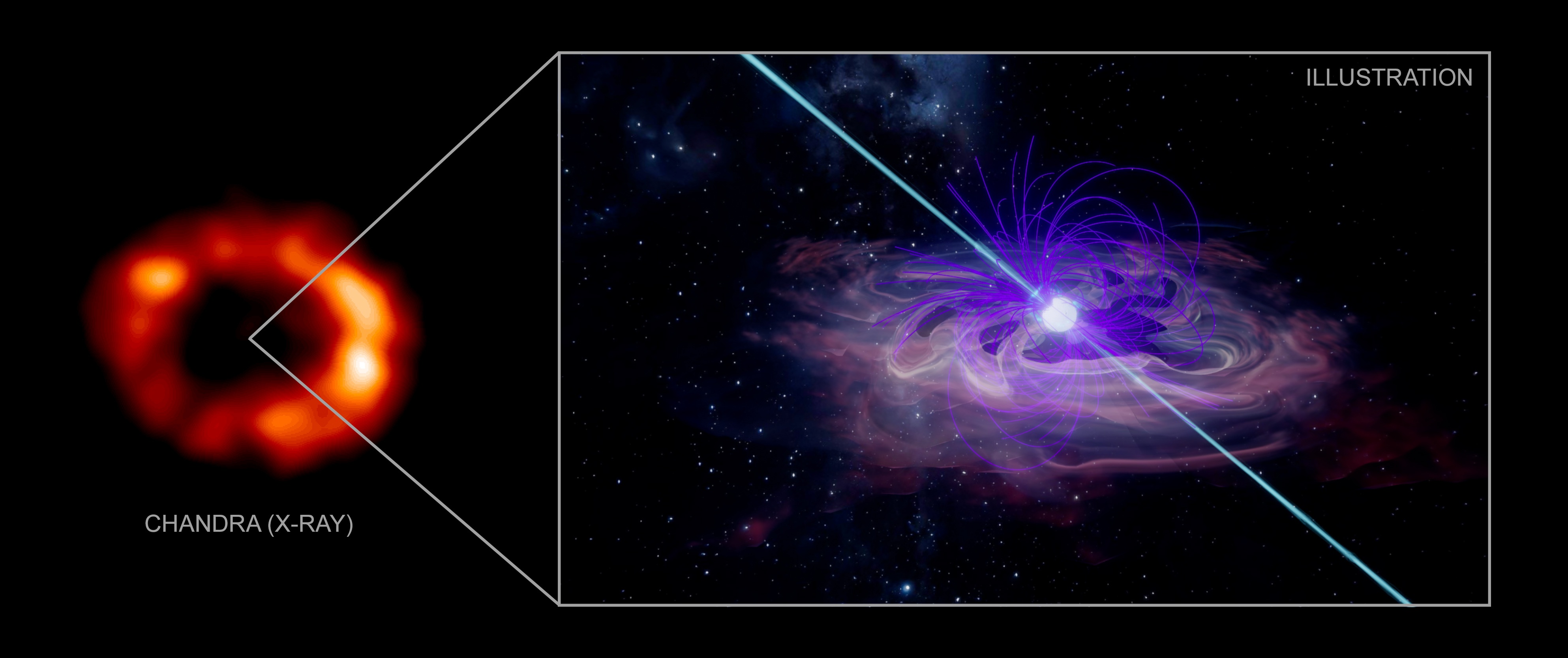
Continue reading

A new study of x-ray bursts from a local magnetar confirms the origin of a fast radio burst.
Continue reading

Continue reading
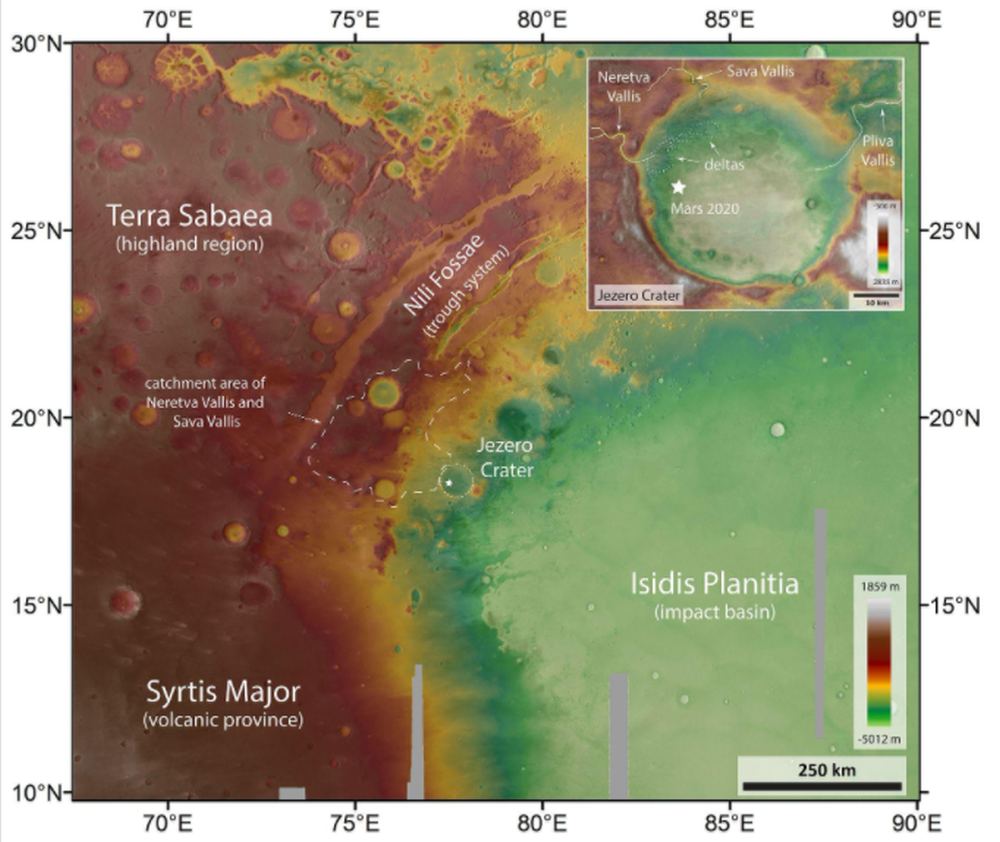
Continue reading

A recent study led by IBM-Zurich has recreated what goes on in Titan's atmosphere, which could help scientists find evidence of life there in the near future!
Continue reading

Continue reading

The Space Court Foundation has launched a new series titled Women of Color in Space! Their first interview with Ruvimbo Samanga is now available for viewing.
Continue reading
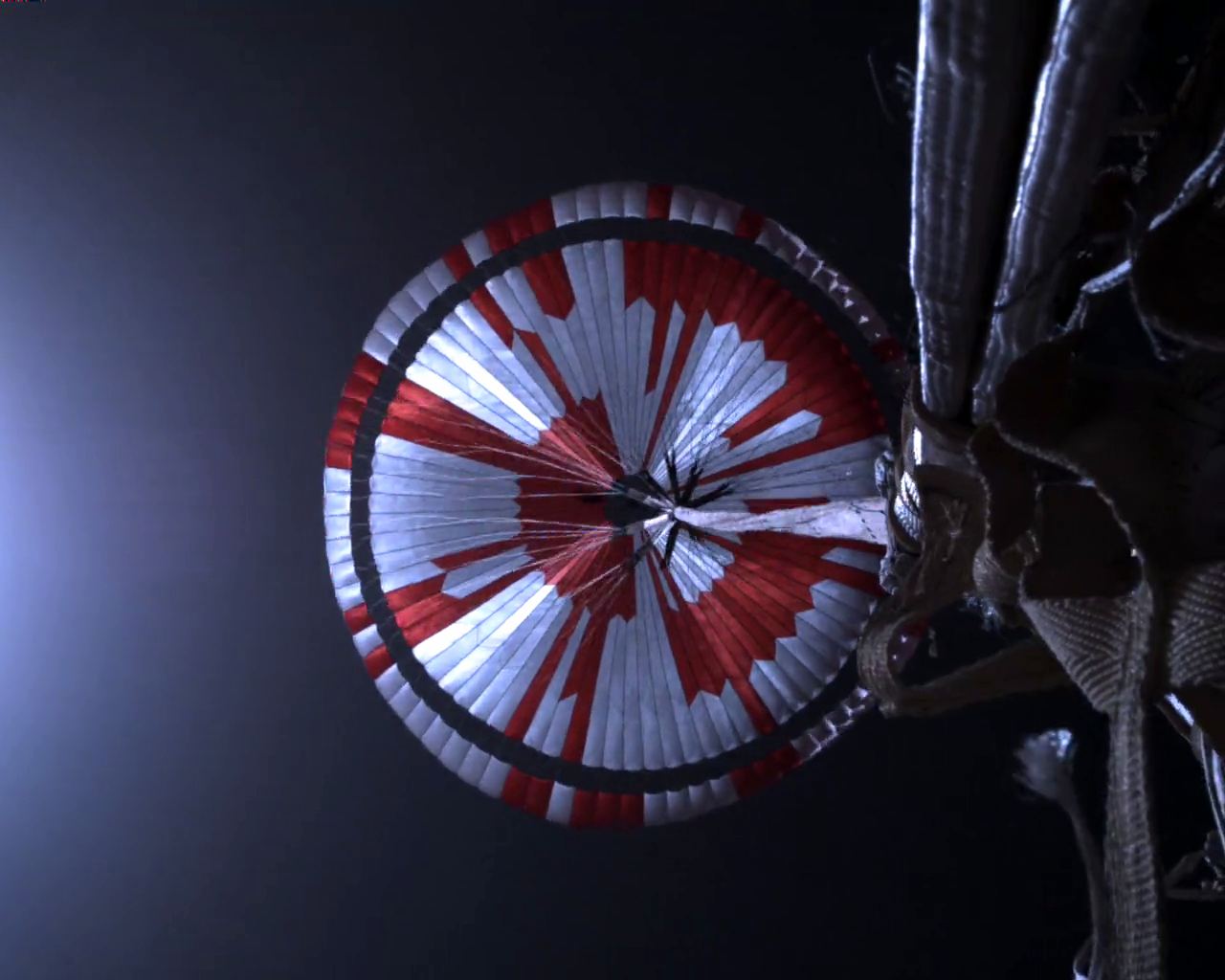
Continue reading
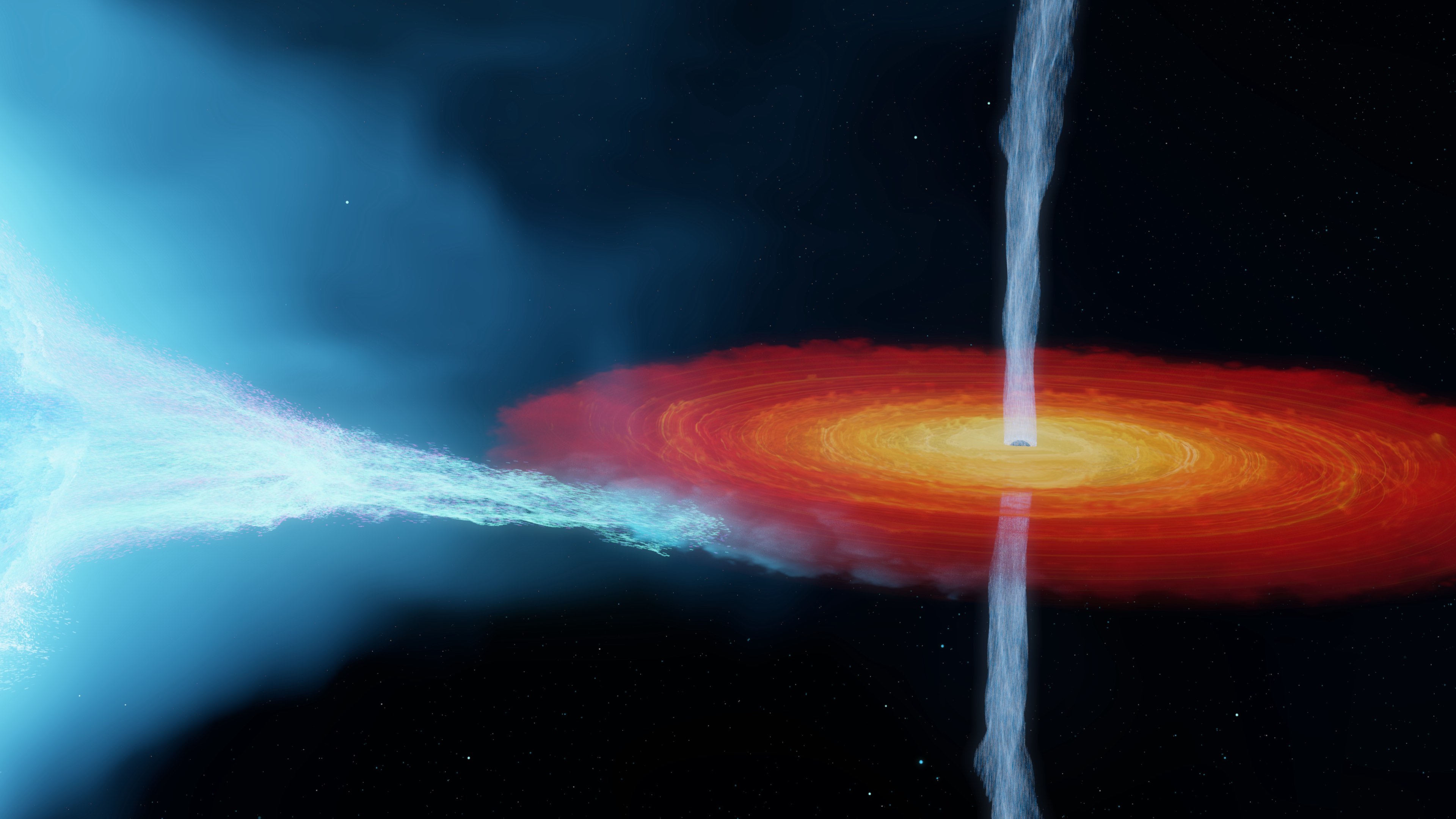
New parallax measurements of Cygnus X-1 by the VLBA find it is more distant than we thought, and therefore more massive.
Continue reading
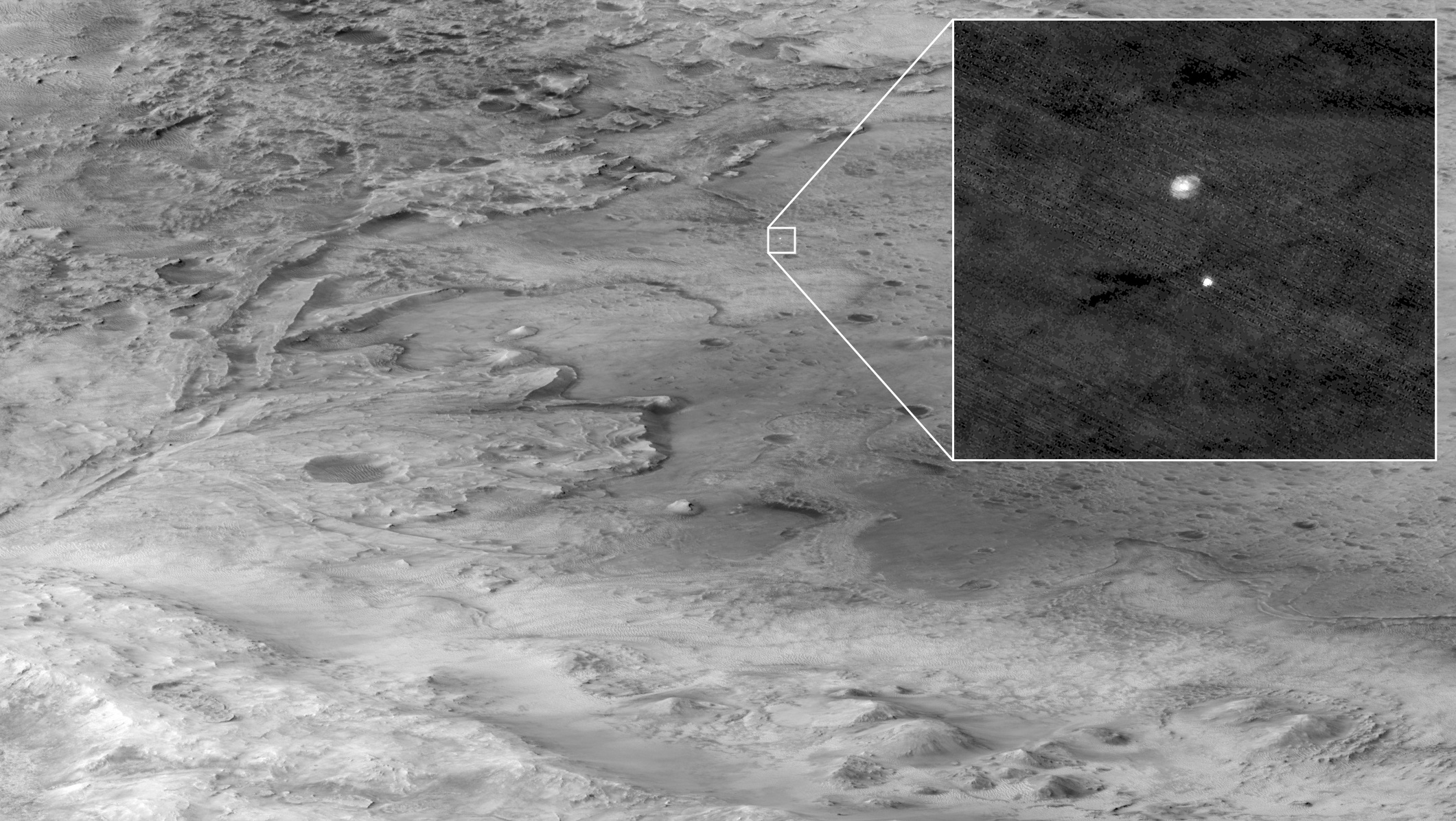
Continue reading

Continue reading


















































